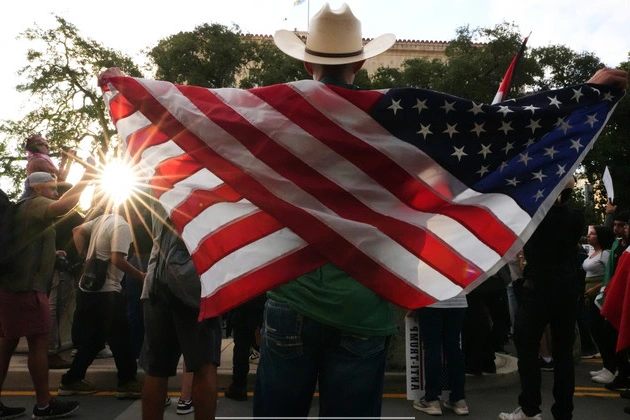
The State Department has issued a directive instructing employees to report any cases of ‘anti-Christian bias’ among their colleagues. This initiative is part of the administration’s efforts to implement a recent executive order supporting Christian employees in the federal government.
Implementing the Directive
According to an internal communication obtained by POLITICO, the State Department will collaborate with a task force to gather information on ‘anti-religious bias’ during the previous administration. Employees are encouraged to submit examples of anti-Christian bias via anonymous reporting forms.
Reactions and Concerns
Upon receiving the directive, some State Department officials expressed surprise and concern. They believe that assuming the department harbors anti-Christian bias could create a culture of fear as employees are prompted to report on each other.
One official likened the directive to a scene from ‘The Handmaid’s Tale,’ highlighting the potential chilling effect it may have within the department.
Broader Scope of Reporting
While the directive primarily focuses on anti-Christian bias, it also includes provisions to collect instances of bias against all religions for internal review. The department emphasizes that discrimination based on religious beliefs is unconstitutional and goes against federal laws.
Executive Order Implications
This directive aligns with an executive order issued by President Trump, which tasks federal agencies with identifying and addressing ‘anti-Christian bias’ in government operations. However, critics argue that this approach could inadvertently lead to discrimination against marginalized groups.
Interfaith Alliance Response
The Interfaith Alliance, a nonprofit organization advocating for religious freedom, criticized the executive order for potentially legitimizing discrimination. They caution that the order may be used to target not just Christians, but also other minority groups like the LGBTQ community.
Conclusion
As the State Department implements this directive, the implications of reporting ‘anti-Christian bias’ raise concerns about workplace dynamics and the broader implications of such policies.















